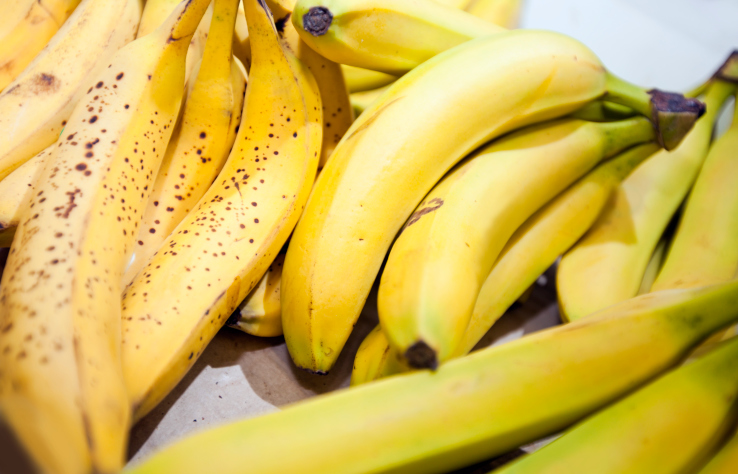Gut-training can decrease gastrointestinal symptoms in ultrarunning events
Study suggests that practising your nutrition intake can decrease GI distress


Runners can’t just train their legs, they have to train their stomachs as well. According to a recent study in Research in Sports Medicine, gut-training leading up to a ultra-endurance race can reduce stomach upset on the day of. Ultra-endurance events are considered by this study to be over four hours long.
The study suggested that consuming 90 grams per hour of carbohydrate while running at 60 per cent of your VO2 max saw a substantial decrease in stomach upset or discomfort after daily practice over two weeks.
As a guideline, daily total carbohydrate intake is recommended at 3-12g/kg/day. This measurement is based on the athlete’s body weight. Carbohydrate intake during endurance activity is suggested by this study at 30-110g/hour. For example, a large banana is roughly 31 grams of carbohydrate and a whole wheat bagel is roughly 55 grams of carbohydrate. If you prefer drinking your carbs, a lemon-lime Gatorade is 36 grams of carbohydrate.

Carbohydrate intake is a contested topic in the ultra-endurance community as many runners have subscribed to the low-carb, high-fat ketogenic diet.
Ketosis is accomplished by restricting carbohydrate intake, usually to around 50g per day, and maximizing fat intake. This means no whole or processed grains, starches or legumes, no fruit or fruit juice, and no baked goods, pasta, sweets, sugar, or alcohol (which, as we all know, is full of sugar), but red meat, fatty fish and other sources of fat are encouraged.
https://www.instagram.com/p/Bl1dd3RAyVw/?hl=en&tagged=ketodiet
Essentially, the ketogenic diet is effective when it comes to fat burning, but is ineffective when considering holistic exercise economy. So you have to work harder to do less. “As consistently shown, low-CHO high-fat and ketogenic diets caused a reduction in exercise economy (increased oxygen cost of exercise), which translated into a lack of enhanced endurance exercise performance compared to the high or periodized CHO groups.”
High fat burning is effective in low-intensity activity, but the research continually suggests that when intensity increases, like during endurance events, daily dietary carbohydrate intake can enhance performance at “individually tolerable rates.”
RELATED: The ketogenic diet: here’s the skinny for runners
The researchers concluded that carbohydrate intake during ultra-endurance activity, barring gastrointestinal upset, is a good thing. Avoiding gastrointestinal upset can be achieved by practicing your fueling technique leading up to the race.


